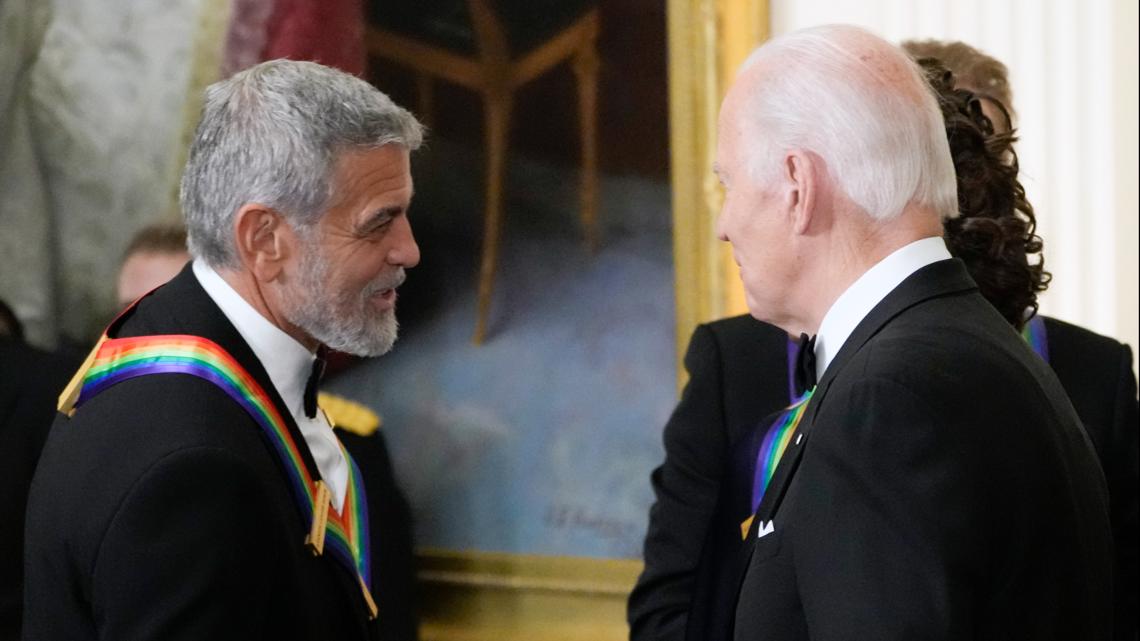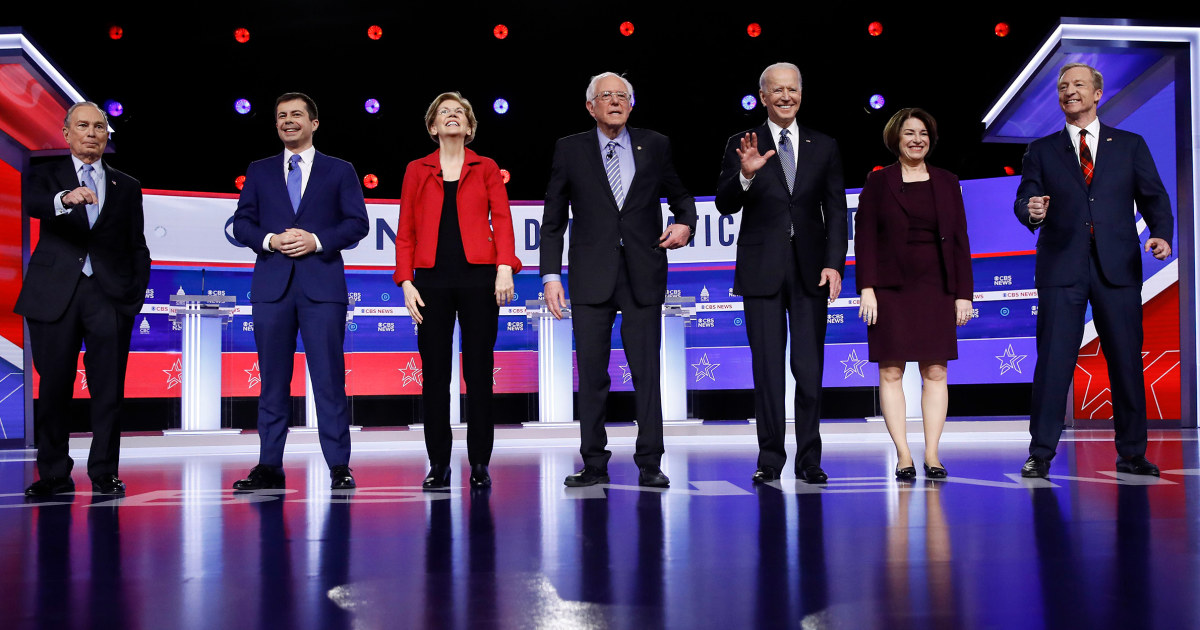The Gazette offers audio versions of articles using Instaread. Some words may be mispronounced.
DES MOINES — Iowa will spend roughly $9.43 billion from the general fund in the state budget year that begins July 1, according to an agreement announced Thursday by legislative leaders.
The spending level was agreed upon by Republican leaders, who have agenda-setting majorities in both chambers of the Iowa Legislature, and Republican Gov. Kim Reynolds. The compromise falls between the $9.45 billion proposed by House Republicans and the $9.42 billion proposed by Senate Republicans and Reynolds.
The proposed $9.43 billion budget is roughly 5.6 percent over the current general fund spending of $8.9 billion.
The budget agreement proposes spending more money than the state will bring in — something majority Republicans foresaw when they previously passed state income tax cuts that will reduce state revenues. The state will collect an estimated $8.5 billion in the next budget year, according to the latest projection from the state’s nonpartisan Revenue Estimating Conference.
That means lawmakers will have to use the state’s various surpluses and reserve funds. There is a $2 billion surplus in the general fund and $4 billion in the Taxpayer Relief Fund, which was created to cover funding shortfalls caused by the income tax cuts.
“We were very transparent about it. There’s a reason we built up a significant, nearly $4 billion within the Taxpayer Relief Fund. We also left ourselves the $2 billion roughly in the (state budget’s) ending balance, knowing that as you’re reducing taxes, you could see some short-term loss of revenue,” Iowa House Speaker Pat Grassley, a Republican from New Hartford, told reporters earlier this year. “We made all those decisions with that in mind. So we feel like we’re in a very strong position to be able to still meet our requirements and our commitments through the budget process.”
Democrats, though, warn the state is headed into a “financial crisis.”
“The Republican deficit spending plan creates a $917 million hole in the budget and will require draining even more from our reserves than we anticipated back in March,” Sen. Janet Petersen, of Des Moines, said in statement to The Gazette.
“This budget agreement does nothing to address the runaway cost of their private school voucher scheme, which is already the fastest-growing portion of our state’s budget,” said Petersen, the ranking Democrat on the Senate Budget Committee.
In approving the Educational Savings Accounts for families of private school students, lawmakers made an unlimited appropriation — meaning all students who are approved under the program are eligible for nearly $8,000 in state funding, the same amount the state will spend per student at Iowa’s K-12 public schools.
The program expands to universal eligibility for all Iowa students beginning next school year — allowing all Iowa K-12 students attending accredited non-public schools to participate, regardless of household income. Iowa’s private school tuition program cost the state $127.3 million in its first year. Next year’s program is expected to cost $314 million, according to Reynolds’ budget proposal.
“As I’ve said for the last few weeks, my priority with the budget is maintaining fiscal discipline and putting Iowa taxpayers first,” Reynolds said in a statement. “This agreement among all three parties does just that, and I want to thank Republican leadership in both the House and the Senate for coming together to keep Iowa on a strong and fiscally sustainable path.”
State Auditor Rob Sand, a Democrat, earlier this week released an advisory calling the condition of Iowa’s finances a “fiscal time bomb.”
“Declining revenue, increased spending, and an over-reliance on one-time federal funds are setting the stage for a fiscal crisis in our state,” Sand said.
Rep. Gary Mohr, a Republican from Bettendorf who chairs the House’s budget committee, and Republican leaders say dipping into savings “was always part of the plan” and that’s why the Legislature saved up billions of dollars.
Republican leaders have argued that eventually state revenues will grow faster than state spending levels as tax cuts increase Iowans’ disposable income, leading to more consumer spending and economic growth.
“Yes, we knew it was going to be necessary for the first few years, but we expect state revenues to be sufficiently higher in the out years to offset so we’re not continually taking money out of the reserve savings accounts,” Mohr told reporters Thursday.
Democrats argue an infusion of federal stimulus dollars during the COVID-19 pandemic reduced state costs and artificially bolstered revenues.
Researchers at the Pew Charitable Trusts observed: “The combination of temporary funds propping up budgets and the adoption of new recurring expenditures or tax cuts has left many states in a precarious position. Policymakers now must grapple with the possibility that their states’ finances are structurally imbalanced and vulnerable to deficits as one-time funds dry up but new commitments remain.”
House GOP said it got ‘important wins’
House Republicans noted the budget agreement includes $14 million for the second consecutive year to boost the pay of paraeducators, $8 million for the state’s Public Safety Equipment Fund and $5 million for the new Special Education Division in the state education department. The division was created as part of last year’s redesign of the state’s Area Education Agency system.
The agreement also includes an increase for nursing facility provider reimbursement rate rebasing to support nursing homes and address concerns about closures.
“Though we’re all the same party, it’s not uncommon that we have disagreements to work through as we craft the state’s budget,” Mohr said in a statement. “House Republicans worked hard to secure several important wins for Iowans through these budget negotiations, such as increased pay for paraprofessionals and more money for community colleges and nursing homes.”
Lawmakers have been advancing budget bills in recent days as they near the end of their work for the 2025 session of the Iowa Legislature.
The House advanced its first batch of budget bills Thursday through committee process, sending them to the House floor for a vote as soon as next week.
“I think the deal is a good deal. The people of Iowa have a lot of priorities. We have priorities. We’ve come together to fund those priorities the best we can with the dollars we have,” Mohr said.
By state agency, Republicans’ budget agreement proposes spending:
- $4.8 billion on K-12 state funding and miscellaneous appropriations
- $2.5 billion on health and human services
- $1 billion on all other education
- $925 million on the justice department and judicial branch
- $74 million on administration and regulation
- $47 million on agriculture and natural resources
- $40 million on economic development
“After discussions on our caucus priorities and ensuring we can maintain focus on a conservative, responsible budget, I am pleased to have come to an agreement as we look to finish out this legislative session,” Senate Majority Leader Jack Whitver, R-Grimes, said in a statement.
Comments: (319) 398-8499; tom.barton@thegazette.com













